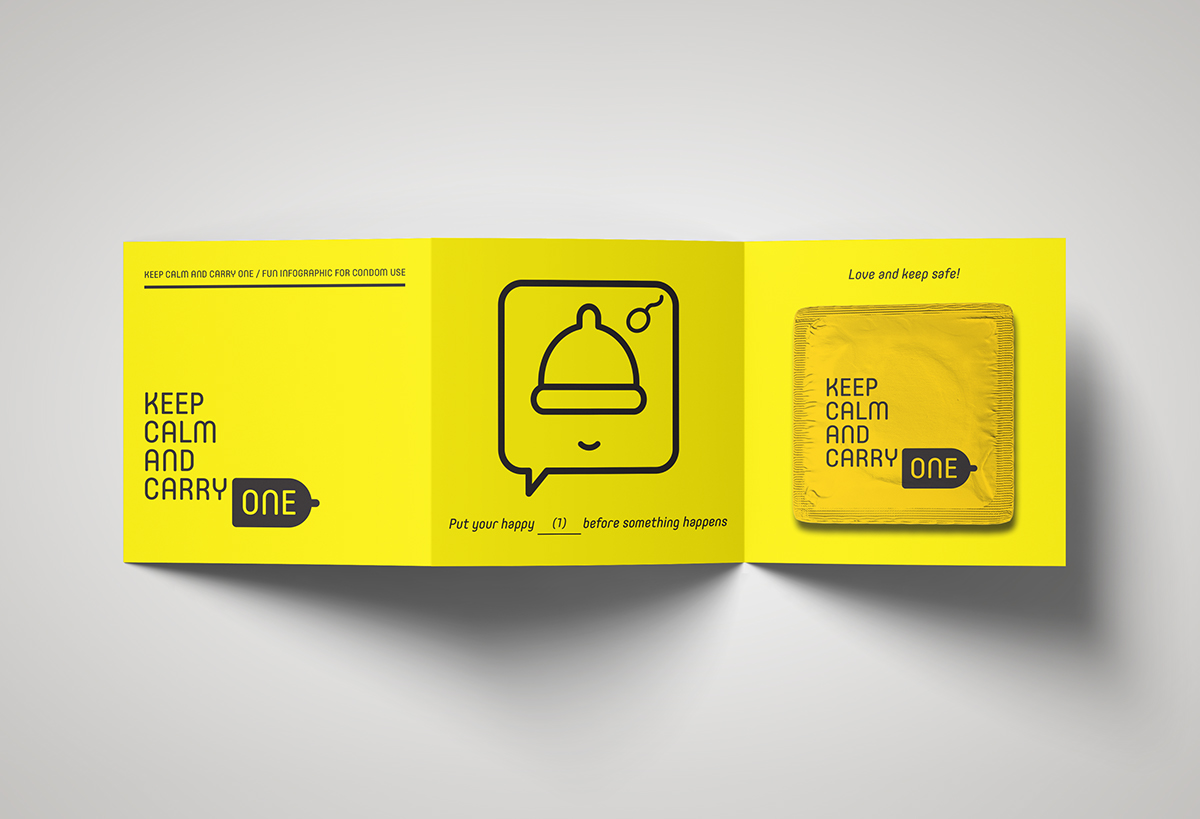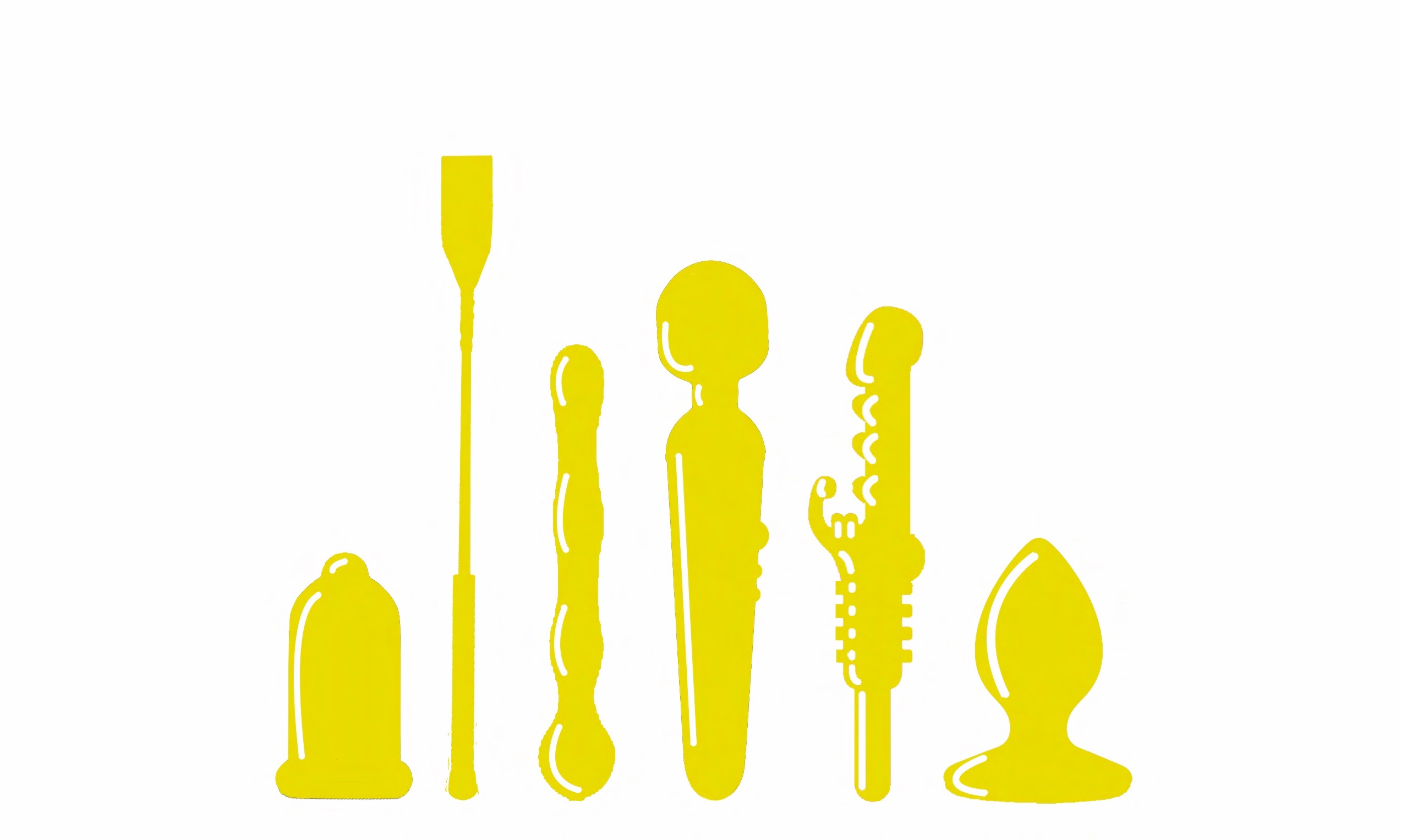Welcome to the New School Year! Let's Talk About Queer Sex

Sex Education is a topic that's becoming a more common debate within today's conversations. Some argue the content being taught is too graphic, while others counter by saying that the content isn't extensive enough. Despite the two-sided argument, research has shown that comprehensive sex education (also commonly known as CSE) is something that young people desire at increasing rates. Nonetheless, all who have received any form of sex education can testify to this: Queer sex is not a topic that is broached within educational settings.
In fact, The GLSEN 2013 National School Climate Survey reported that less than five percent of Lesbian, Gay, Bisexual, and Transgender (LGBT) individuals had experienced health courses featuring positive LGBT representation. Even AUP's Gender and Sexuality Club is headed by a woman, Maura Partrick, with very limited information on safe LGBT sex practices. This, Partrick explained, is not due to a lack of desire to learn, but instead is because of a lack of readily available information.
This may seem arbitrary to some. Namely, those who are not directly impacted by this lack of education, but to others, this lack of education can result in unsafe sex practices that can result in negative outcomes for queer individuals.
So, without further ado, here is the Safe Sex Guide for Queers: the guide you've always wanted, but never had, broken down into easily-comprehensible parts. You're welcome.
Sexually Transmitted Infections (STI's)
When considering safe sex, one must remember the risk of contracting an STI. While there is a negative stigma around STI's, they're actually quite common. Statistics show that there are approximately 20 million new STI's contracted per year. It is important to note that STI's are not linked to sexual orientation, and therefore must be regarded as a serious topic to all people.
How STI's are Transmitted
- Contact with infected bodily fluids (ie: semen, blood, vaginal fluids).
- Contact with infected skin, or sores (often in the mouth).
- Some STI's (such as pubic lice, and scabies) can be transmitted through direct sexual contact with an infected person, or even sheets, clothing, or towels.
How to Best Avoid STI's
- Communication, communication, communication! Sure, sometimes halting a sexual experience to ask, "Hey, have you been tested, lately?" can be awkward, but it's definitely not as awkward as having to have a conversation with your doctor about having contracted an STI.
- Always use condoms-- this goes for men and women. Unless you and your partner are exclusive, and you're sure that all tests have come back clean, a condom is a surefire way to avoid STI's all together, and help avoid any "scares." While external condoms are the most commonly known condoms, there are also internal condoms, and dental dams, which are equally as effective! (Pro tip! AUP's own condom fairy is always there to help anonymously with your search for condoms!)
- This all being said: The only way to guarantee you won't contract an STI is to not have sex. Sure, this isn't exactly likely for most university students, but it's important to note nonetheless.
What does this have to do with Queer Sex?
While all kinds of sexual activities are available to people of all gender orientations, there are some specific notes about STI's that some LGBT individuals should remember in particular.
Anal Sex: Anal sex can be risky, as it can cause bleeding, and increase the risk of contracting an STI. Always use a condom! (And no: Allergies to latex are no excuse. There are polyurethane condoms!)
Oral sex: Oral sex includes bodily fluids! Ladies, they-dies, and gentlemen: Dental dams. Less commonly talked about than condoms, dental dams are essentially condoms for your mouth. They are thin pieces of material (usually latex or polyurethane) used to cover genitals while oral sex is being performed. They even come in different colors, and flavors, if you're looking to keep things a little more colorful. That being said, they can also be homemade from a typical condom (just cut off the tip, slit down the side, and spread it out into a rectangle to cover genitals), but they can not be recycled. One and done! (Pro tip! A little bit of lubricant is said to increase pleasure, and help avoid the condom from breaking.)
Lubricants: Lubricants will significantly decrease your chances of a condom breaking. While vagina’s produce a natural lubricant, there’s no natural lubricant when performing anal sex, and lubricants should always be involved. That being said, lubricants for vaginal sex comes highly recommended. That being said: always keep your lubricants water based. (Pro tip! Lubricants can also limit the likelihood of anal fissures, ie: bleeding during anal sex.)
Douching: While this isn't necessarily a sexual act, it is often done in preparation of sex, and must be addressed. Douching is very common for those who participate in anal sex, and should never be done with anything but water. Chemicals are likely to lead to infection and are never worth it. Here's a link for a more detailed guide on anal douching safety tips. For those considering using a douche for their vagina: Don't. Just don't. Your vagina is an expert on keeping itself clean! A little bit of water, and faith in your body's ability to keep itself clean is all you need in the end. Less is more!
Condoms equal safe sex. Image Credit: Sanghee Chu/Creative CommonsSex Toys
Sex toys. An uncomfortable topic for some, sure, but a common solution for those who cannot initiate penetrative sex with their own genitalia. Here are important safety tips when considering the use of sex toys:
- It's easy! Clean your toys! Doing so after and before the use of these toys will be a surefire way to avoid the spread of bacteria and left-over fluids that may cause infection. It's that easy!
-
Use condoms, even on your toys.
Toys. Image Credit: Isala Gray
Sex Using Your Hands
Folks, let us be honest, our hands are involved a lot within sexual intercourse. While it may seem natural, and thoughtless to use your hands during intercourse, it's not always necessarily danger-free! Never fear: Here's what you need to know to keep it safe.
- Using lubricant can help prevent cuts (ie: helps avoid bleeding, and pain!).
- Wash your hands.
- Trim your fingernails.
- If you touch your own genitals, use your other hand for your partner. This helps lessen the chance of transferring bodily fluids, you can also use gloves!
Transgender Sexual Experiences In Particular
For some, there is much misunderstanding around sex with transgender people, so let's keep it simple:
- Transgender people have the same genitalia as all other humans do.
- While any transgender's genitalia may not match their assigned gender at birth by society's standards, their genitalia is still valid, no matter what.
- Unless you are engaging in sexual intercourse with someone who identifies as transgender, don't ask about what they've got going on down there. The question is inappropriate, unnecessary, and just plain uncomfortable for everyone involved.
- Transgender genitalia is normal in all circumstances, which means in all circumstances, the information provided in this article is just as relevant.
- An important note: 'Transgender' is an umbrella term. Your friends who identify as another gender and prefer different pronouns are on this spectrum. They deserve the same treatment as those who have transitioned from their assigned-at-birth gender.
Sexual education can be difficult to find, but for my LGBT comrades attending university and enjoying their freedom as adults in Paris, let's remember to keep it safe.










